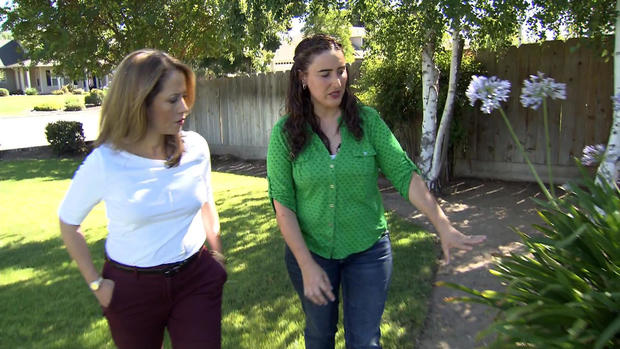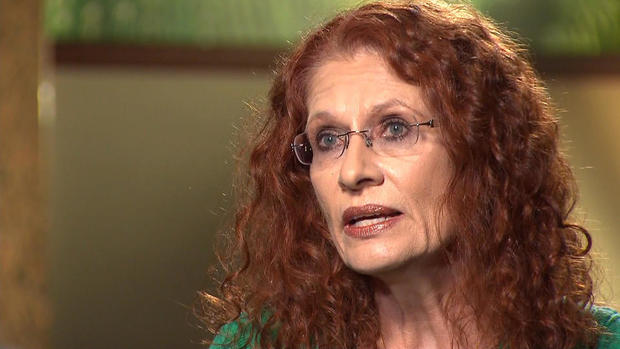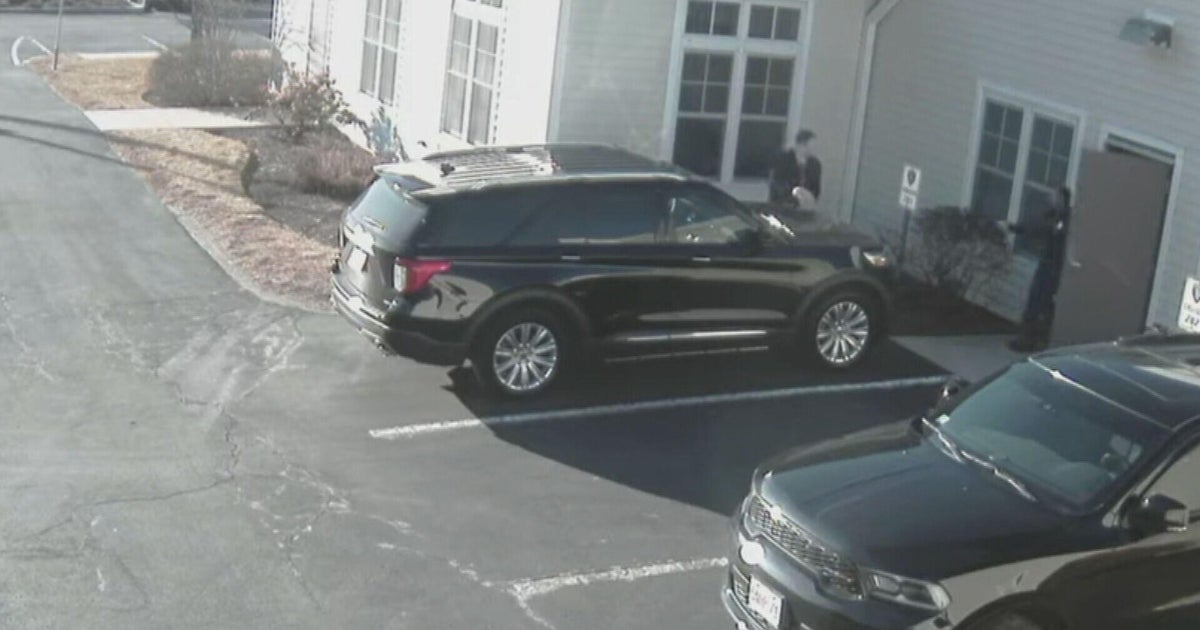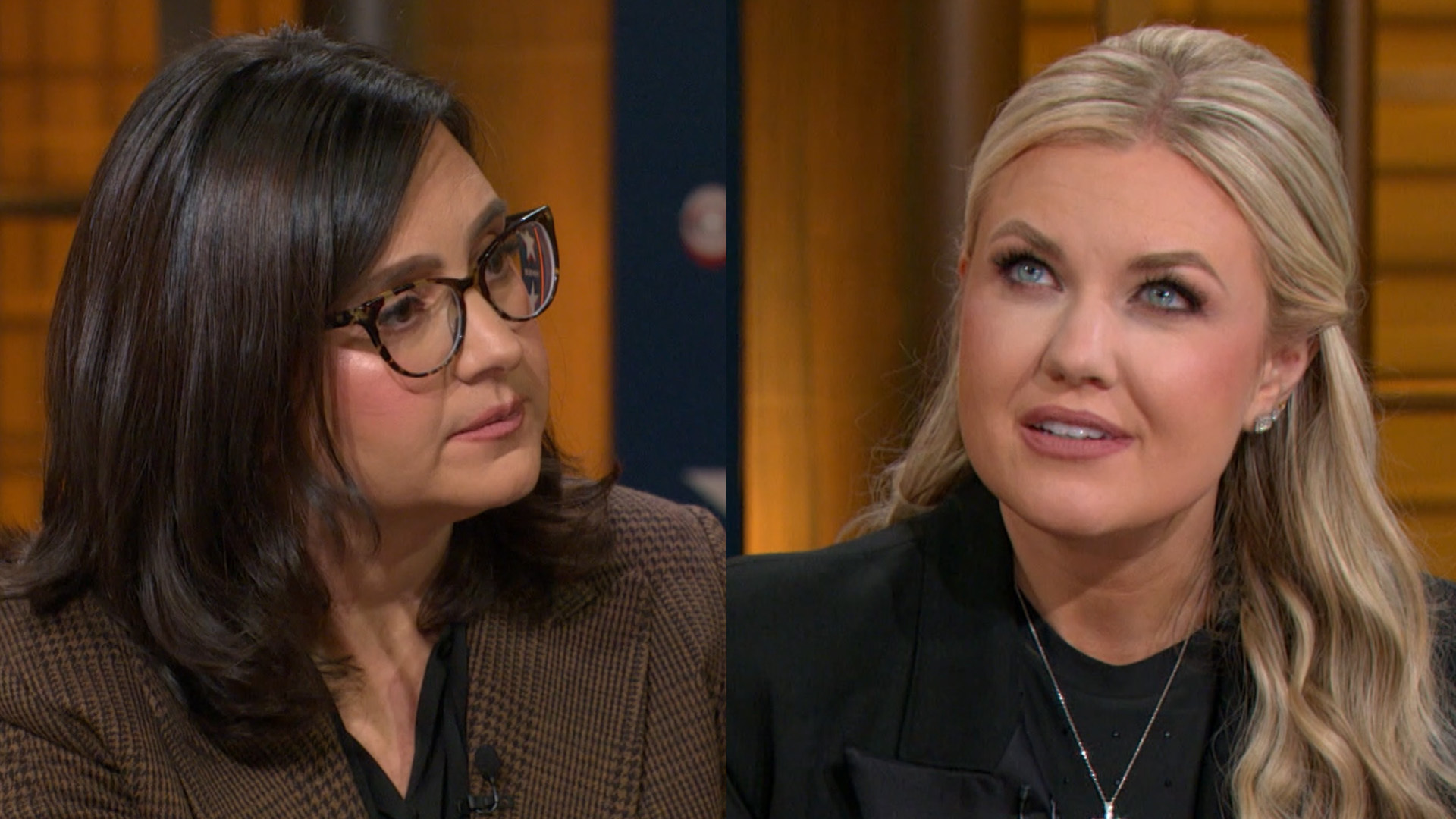Lawsuit accuses Monsanto of manipulating research to hide Roundup dangers
LOS ANGELES -- Yolanda Mendoza makes the most of time spent with her children after battling stage 4 non-Hodgkins lymphoma for more than a year.
“I have nerve damage, I don’t feel the tips of my fingers, my jaw, its still, I still can’t feel it,” she said.
Mendoza blames glyphosate, the main chemical ingredient in the weed killer Roundup, which she used on her lawn every weekend.
“I had a backpack that held two gallons of water and I would strap it on and I would just walk around spraying,” she said.
Mendoza is one of hundreds of people around the country suing Monsanto, Roundup’s parent company. Their lawyers cite a 2015 World Health Organization study that says glyphosate is “probably carcinogenic” and damages DNA in human cells.
“The data that they look at, they cherry pick it,” said Dr. Donna Farmer, a Monsanto scientist who spoke with CBS News last summer.
“There is no data indicating that we should change any recommendations on how this product should be used. Glyphosate, the data is clear, doesn’t cause cancer,” Farmer said then.
But now, the data is in question.
Newly released court documents in a federal lawsuit suggest Monsanto planned to ghostwrite a positive report on glyphosate and get experts to back it up.
An scientist wrote in an email “...we would be keeping the cost down by us doing the writing and they would just edit & sign their names.”
Court documents also reveal conversations between Monsanto executives and an EPA director about a federal glyphosate review. “I doubt EPA and Jess can kill this, but it’s good to know they are going to actually make the effort,” a Monsanto executive wrote.
In the interest of providing more context, these court documents include Monsanto’s internal emails and correspondence between Monsanto and federal regulators.
In a statement to CBS News, Monsanto said “These allegations are false. Monsanto scientists did not ghostwrite the paper.” The company reiterated “No regulatory body in the world considers glyphosate to be a carcinogen.”
But in California, a judge recently ruled the state can legally require them to warn customers the main ingredient for Roundup has the potential to cause cancer.
Monsanto has posted a response to the allegations.







